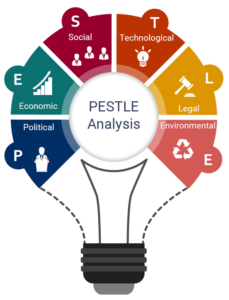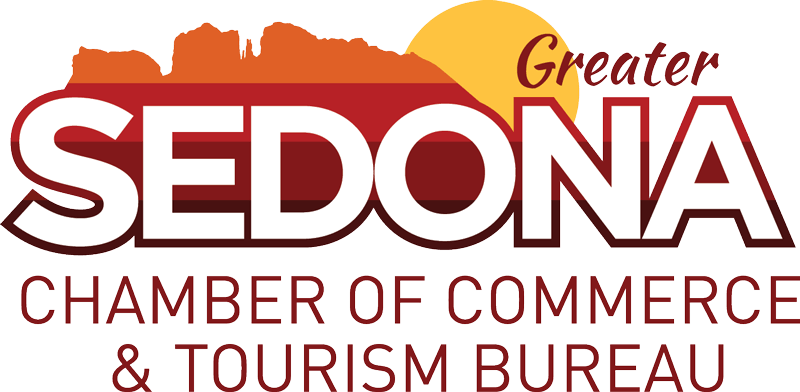 Arizona Small Businesses Grapple with Tariffs, Labor Shortages, and Water Woes
Arizona Small Businesses Grapple with Tariffs, Labor Shortages, and Water Woes
Small businesses in Arizona, from family-run shops to tech startups, are hitting roadblocks that threaten their bottom lines. Owners face a tangle of challenges: looming tariffs, stubborn labor shortages, and a worsening water crisis, all while navigating a shifting regulatory landscape. Despite pockets of optimism fueled by state incentives and tax breaks, these hurdles are testing the resilience of the state’s roughly 600,000 small firms, which employ over a million workers and account for nearly half of Arizona’s private-sector jobs.
Tariffs and Trade Tensions
In Scottsdale, a glassware importer is staring down a potential tariff storm. Proposed federal levies on goods from China, Mexico, and Canada could spike costs for businesses like his, which rely on affordable foreign materials. “It’s not just the tariffs—it’s the uncertainty,” he says, echoing a sentiment shared by many. The Arizona Chamber of Commerce warns that blanket tariffs hit small firms hardest, as they lack the cash reserves to absorb price hikes or pivot to domestic suppliers. A recent survey found 62% of local owners expect supply chain disruptions if tariffs are enacted, squeezing already thin margins.
Yet, Arizona’s business community isn’t sitting idle. Leaders are pushing for targeted exemptions to shield smaller enterprises and urging Congress to preserve federal tax credits that have fueled job growth in high-tech sectors like semiconductors. The stakes are high: without relief, some owners fear closures or layoffs by mid-2026.
Economic Pressures Mount
Arizona’s economy is showing signs of strain. Job growth forecasts for 2025 have been trimmed, reflecting national trends of sluggish hiring and persistent inflation. Small businesses, particularly in retail and hospitality, are caught in a vise—rising costs for goods and labor on one side, and customers tightening their belts on the other. In Phoenix, 86% of owners report infrastructure woes, like congested roads and spotty transit, eating into budgets. “We’re spending more to get less done,” says a Tucson café owner.
Access to capital is another sore point. Traditional bank loans are tougher to secure, with stricter rules and higher interest rates pushing owners toward riskier options like revenue-based financing or peer-to-peer lending. Black- and Latino-owned businesses face steeper barriers, with federal data showing they’re nearly three times as likely to lack adequate funding compared to white-owned firms. State programs, like grants from the Arizona Commerce Authority, offer a lifeline, but competition is fierce, and not every applicant makes the cut.
Labor Market Struggles
Finding workers remains a headache. Nearly 40% of Arizona’s small businesses can’t fill open positions, a problem worsened by a tight housing market that’s driving up living costs. A Tempe bakery owner reports frequent no-shows, disrupting schedules and morale. To compete, some are boosting wages or offering flexible hours, but that cuts into profits. The state’s minimum wage, now $14.70 and higher in cities like Flagstaff ($17.85) and Tucson ($15.00), adds pressure, especially for low-margin industries. “It’s a balancing act,” says a Mesa retailer. “Pay more, and you’re stretched thin. Pay less, and you lose your team.”
Tech and Innovation Gaps
Technology could be a game-changer, but many small businesses are struggling to keep up. Affordable AI tools for marketing or customer service are in high demand, yet rural owners and underserved groups often lack the resources or know-how to adopt them. Arizona’s Innovation Challenge, a state-backed program, is funneling up to $150,000 to tech startups in 2025, but the benefits skew toward urban hubs. Meanwhile, 73% of Phoenix businesses cite a mismatch between available workers and the skills needed for high-tech fields like chip manufacturing, a sector Arizona is betting big on.
Regulatory Headwinds
New rules are reshaping how businesses operate. The Federal Trade Commission’s ban on fake online reviews, effective this year, carries hefty fines—up to $51,744 per violation—for businesses caught inflating ratings. Healthcare providers face added scrutiny under a new law requiring background checks for homecare workers, a move aimed at protecting vulnerable clients but adding costs for small agencies. On the plus side, Arizona’s legislature raised the business personal property tax exemption to $500,000 and eased outdoor work restrictions during summer heat, offering some relief. Still, vetoed bills that would have streamlined regulations or boosted tax transparency left owners frustrated.
Water Scarcity Looms Large
In a state baked by a two-decade megadrought, water is a growing crisis. Arizona’s small businesses, especially in agriculture and tourism, are feeling the pinch as the Colorado River dwindles and urban growth strains supplies. A new bipartisan law pushes conservation, but owners say it’s not enough. “We’re innovating, but we need better policies,” says a Yuma farmer experimenting with drought-resistant crops. Black- and Latino-owned businesses, which prioritize climate risks more than others, are pushing for sustainability plans but often lack the capital to implement them. Extreme heat and wildfires further disrupt operations, with Phoenix’s 2025 Climate Action Plan offering long-term goals but little immediate relief.
Looking Ahead
Arizona’s small businesses are at a crossroads. State incentives and a pro-business legislature provide some tailwinds, but tariffs, labor shortages, and environmental constraints could derail progress. Owners are adapting—tweaking pricing, chasing grants, or rethinking supply chains—but many say survival hinges on clearer policies and broader support. As one Phoenix entrepreneur puts it, “We’re tough, but we can’t do it alone.” With the right moves, Arizona’s small businesses could turn these challenges into opportunities, cementing their role as the state’s economic engine.
